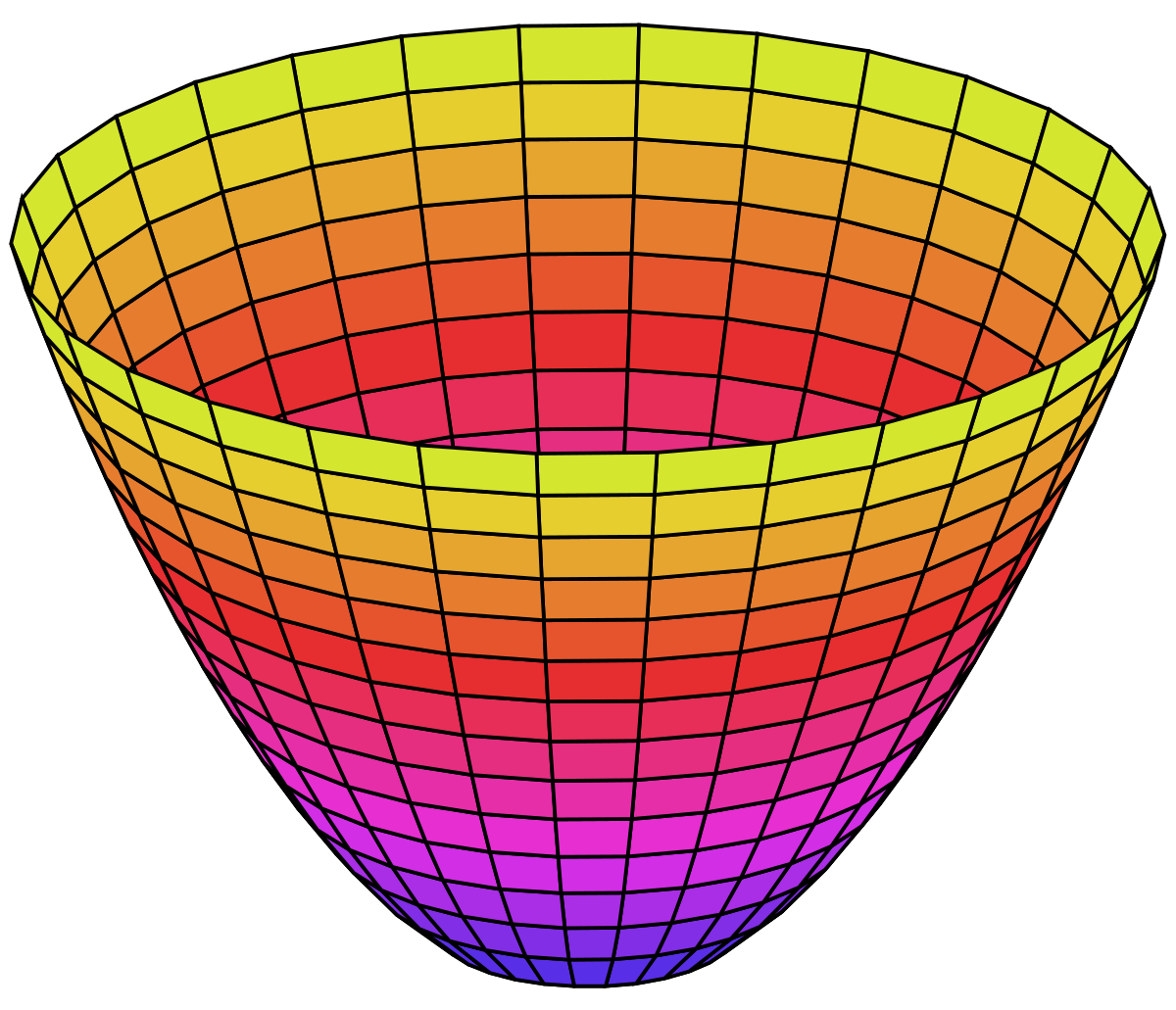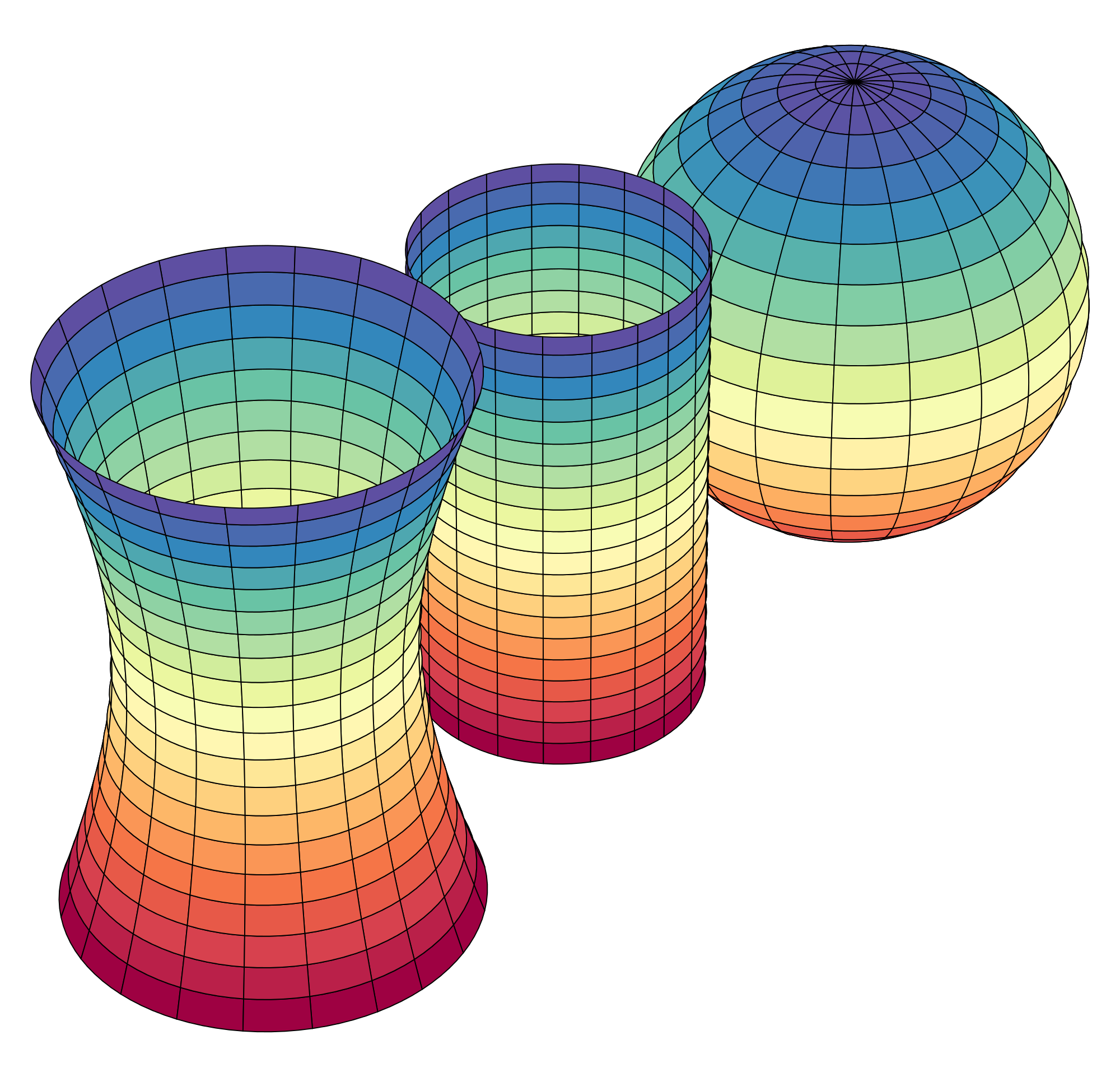Accreditation
Roger Williams University is accredited by the New England Commission of Higher Education (NECHE).
Accreditation for Roger Williams University via New England Commission of Higher Education is Regional Accreditation, which is the highest and oldest level of academic accreditation in the U.S.
There are "national" and "on-line" accreditation labels that are less accepted nationwide, and thus cause some students challenges in trying to transfer academic credits from these schools with lower accreditation levels.
Learn more about Roger Williams University Accreditation
Accreditation is a process used in higher education to evaluate colleges, universities and educational programs for quality and to assess their efforts toward continuous quality improvement. There are six regional accrediting organizations in the U.S. that review degree-granting nonprofit and for-profit institutions within their regions. Roger Williams University is accredited by the New England Commission of Higher Education (NECHE). NECHE (formerly NEASC) strives to establish and maintain high standards for all levels of education, from pre-K to the doctoral level. It serves some 1,866 public and independent schools, colleges and universities in the six New England states and 114 American/International schools around the globe.
Regional accreditation ensures that the academic programs of Roger Williams University meet the same high standards for educational quality and rigor required of premier colleges and universities nationwide. Oftentimes, employers want to verify the accreditation of a college or university before they will pay for tuition or fees as part of a company-sponsored benefits program.
Learn more about Roger Williams University - University College and the Distance Calculus partnership.
Accreditation and Transcripts
Many propsective students ask about the academic transcripts available from a successfully-completed Distance Calculus course.
As all Distance Calculus courses are offered through Roger Williams University, University College.
Completion of these Roger Williams University courses earns the student course record on Official Academic Transcripts from Roger Williams University.
Official Academic Transcripts from Roger Williams University show the course name, course credits, academic term of enrollment, and the earned letter grade.
So, for example, if you enrolled in DMAT 253 - STEM Calculus I and earned a letter grade of "B", your official academic transcript from Roger Williams University will show:
ROGER WILLIAMS UNVERISTY OFFICIAL ACADEMIC TRANSCRIPT Course TITLE CREDITS TERM GRADE DMAT 213 STEM Calculus I 4 Spring 2025 B
Exactly the same designation as if you took the course on-campus at Roger Williams University.
Accreditation and Transferring Credits
The majority of students enrolled in our Distance Calculus courses are taking these courses through Roger Williams University, and transferring the earned credits to their home institutions.
Please see the Tranferring Credits page for more information on this process.
Nearly all colleges and universities in the U.S. have a process for their students to transfer credits into their institution - often called Articulation. There is usually a form (either online or a PDF) for students to complete that asks their college or university for permission to engage in a transfer course. Usually the main question these colleges and universities have is: is the planned transfer course being completed at an accredited college or university?.
Even with answer to this question as "yes" for Distance Calculus @ Roger Williams University courses being an accredited institution of higher learning, this does not completely answer the question of transferability of credits. It can be the case that your particular major or department does not want you to take courses outside of their department - no matter where that is. It can be the case that your major or department does not approve of online courses as a rule (the quality of online courses vary in quality and rigor). These are the important reasons you need to ask for permission from your college or university, which may include asking for permission from your major or department. Ask your academic advisor for advice on your academic plan.
 Freshman Math Courses
Freshman Math Courses
- Applied Calculus for Business [3 credits] [3CR]
- Applied Calculus for Life Science [3 credits] [3CR]
- Calculus I[4 credits] [4CR]
- Calculus II[4 credits] [4CR]
 Sophomore Math Courses
Sophomore Math Courses
- Multivariable Calculus III [4 credits] [4CR]
- Differential Equations [3 credits] [3CR]
- Linear Algebra [4 credits] [4CR]
- Probability Theory [3 credits] [3CR]
 Honors Math Courses
Honors Math Courses
- Honors Calculus I [5 credits] [5CR]
- Honors Calculus II [5 credits] [5CR]
- Honors Calculus I+II for Data Science [5 credits] [5CR]
- Honors Multivariable Calculus [5 credits] [5CR]
- Honors Differential Equations [4 credits] [4CR]
- Honors Linear Algebra [5 credits] [5CR]
- Honors Linear Algebra for Data Science [5 credits] [5CR]
 Lower Division Math Courses
Lower Division Math Courses
- Precalculus with Trigonometry [4 credits] [4CR]
- Introductory Statistics [4 credits] [4CR]
- Finite Mathematics [3 credits] [3CR]
- Discrete Mathematics [4 credits] [4CR]
 Upper Division Math Courses
Upper Division Math Courses
- Computational Abstract Algebra [4 credits] [4CR]
- Computational Differential Geometry [4 credits] [4CR]

